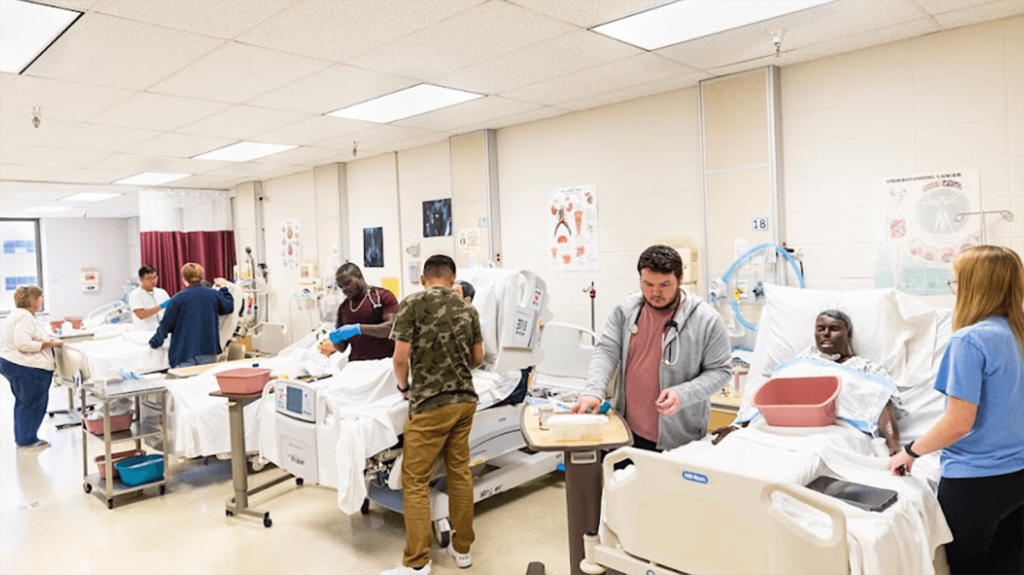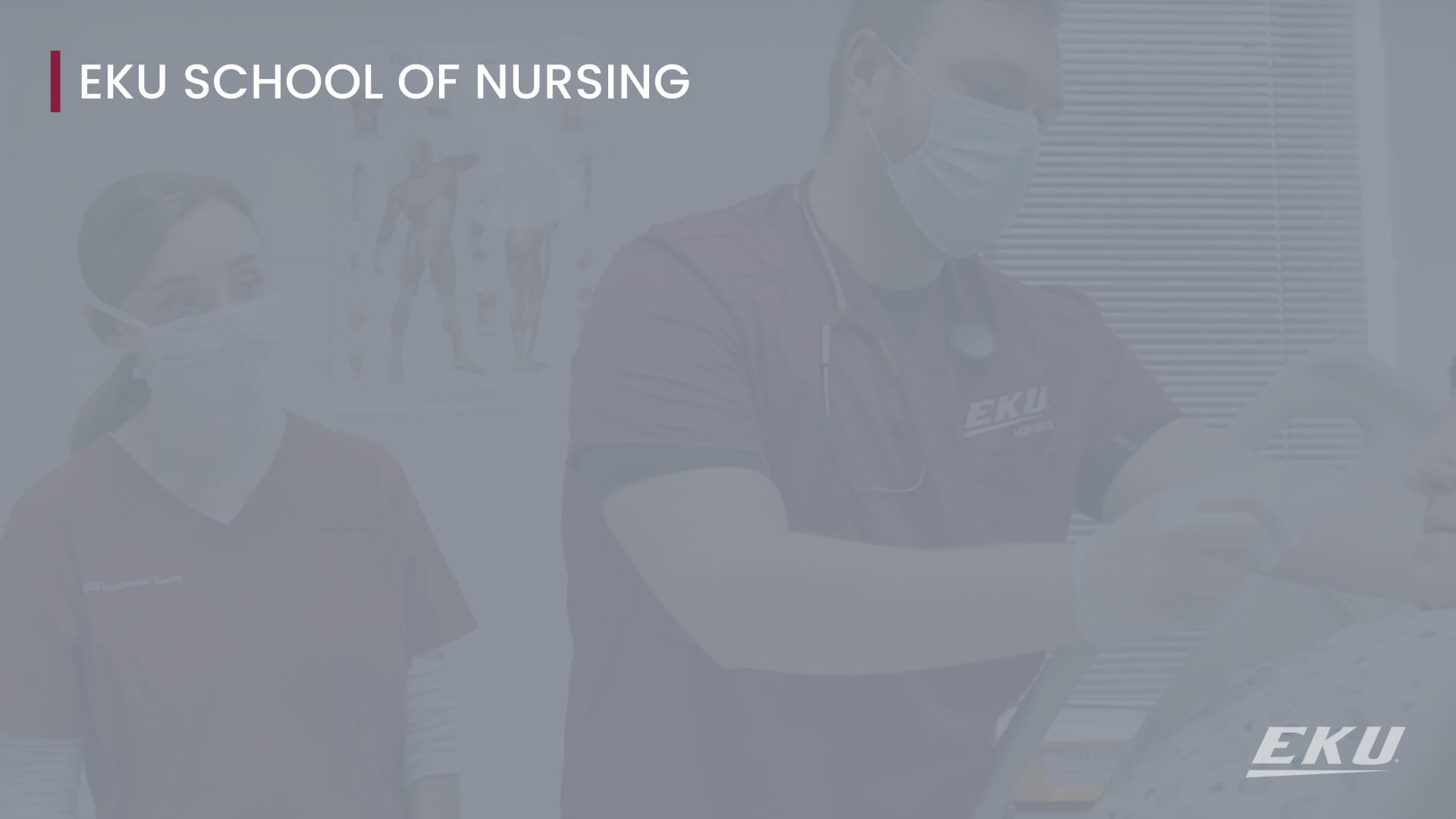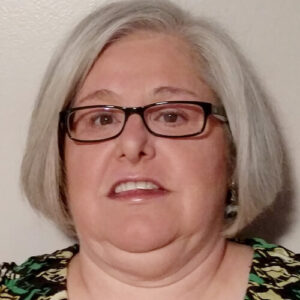
School of Nursing
College of Health Sciences
School of Nursing
College of Health Sciences
Highly Respected Nursing Programs Designed to Help You Meet Your Career Goals
From flagship programs with high certification exam pass rates to new programs designed to prepare you for the future of healthcare, EKU sets the standard in nursing education. EKU’s expert faculty focus on the most important aspects of the field today and work closely with influential members of the profession to ensure your education gives you the greatest chance for success.
Learn More
School of Nursing Degrees and Certificates
Undergraduate Programs
graduate Programs
Why Study Nursing?
Career opportunities for associate, baccalaureate, graduate and doctorate prepared nurses are expanding each and every day. Nursing will continue to be a critical component in the healthcare system of tomorrow. If you want the opportunity to be a provider of patient-centered care, a designer of care, and a member of a profession that is proactive in a changing health care system, then a nursing degree is for you.
Student Stories & Features
Clinical Skills Lab & Simulation Center

Learn invaluable skills and gain hands-on experience in our Clinical Skills Laboratory and Simulation Center (CSLSC). The CSLSC features the latest technology and high-fidelity mannequins that can replicate modern hospitals and the functions of actual patients. The CSLSC provides nursing students a safe environment to practice nursing care and receive immediate feedback and guidance. The simulation center reinforces essential concepts such as medication administration, prioritization of patient care, communication, patient safety, and clinical judgment.
The associate nursing program at Eastern Kentucky University School of Nursing located in Richmond, Ky. is accredited by the Accreditation Commission for Education in Nursing (ACEN), 3390 Peachtree Road NE, Suite 1400, Atlanta, Georgia 30326 (404) 975-5000. The most recent accreditation decision made by the ACEN Board of Commissioners for the associate nursing program is continuing accreditation. View the public information disclosed by the ACEN regarding this program on the ACEN website.
The baccalaureate degree, master’s degree, Doctor of Nursing Practice, and post-graduate APRN certificate programs at EKU are accredited by the Commission on Collegiate Nursing Education, 655 K Street NW, Suite 750, Washington, DC 20001, 202-887-6791.
Kentucky Board of Nursing Benchmark Data
| Program | NCLEX Pass Rates (First time pass rates) | Program Completion Rate (Completed Program within 1.5 times the standard time) | Job Placement Rate (Employed within 6-12 months after graduation) | |||
| Calendar Year | Rate | Academic Year | Rate | Academic Year | Rate | |
| AASN | 2023 | 72% unofficial | 2022-2023 | 87% | 2022-2023 | 100% |
| 2022 | 68.8% | 2021-2022 | 81.8% | 2021-2022 | 100% | |
| 2021 | N/A | 2020-2021 | 89.5% | 2020-2021 | 100% | |
| BSN | 2018 | 98% | 2018/2019 | 95% | ||
| 2019 | 99% | 2019/2020 | 93% | |||
| 2020 | 94% | 2020/2021 | 83% | |||
| 2021 | 89% | 2021/2022 | 89% | |||
Quick Links
Upcoming Events
News & Updates
EKU Addresses Kentucky’s Nursing Shortage
EKU Nursing Lab Offers Hands-On Experience for Students
EKU Online Programs Ranked Among Best in the Nation
Contact Information
School of Nursing
521 Lancaster Ave
Rowlett 223
Richmond, KY 40475
859-622-1827
Fax: 859-622-1972
nursing@eku.edu




